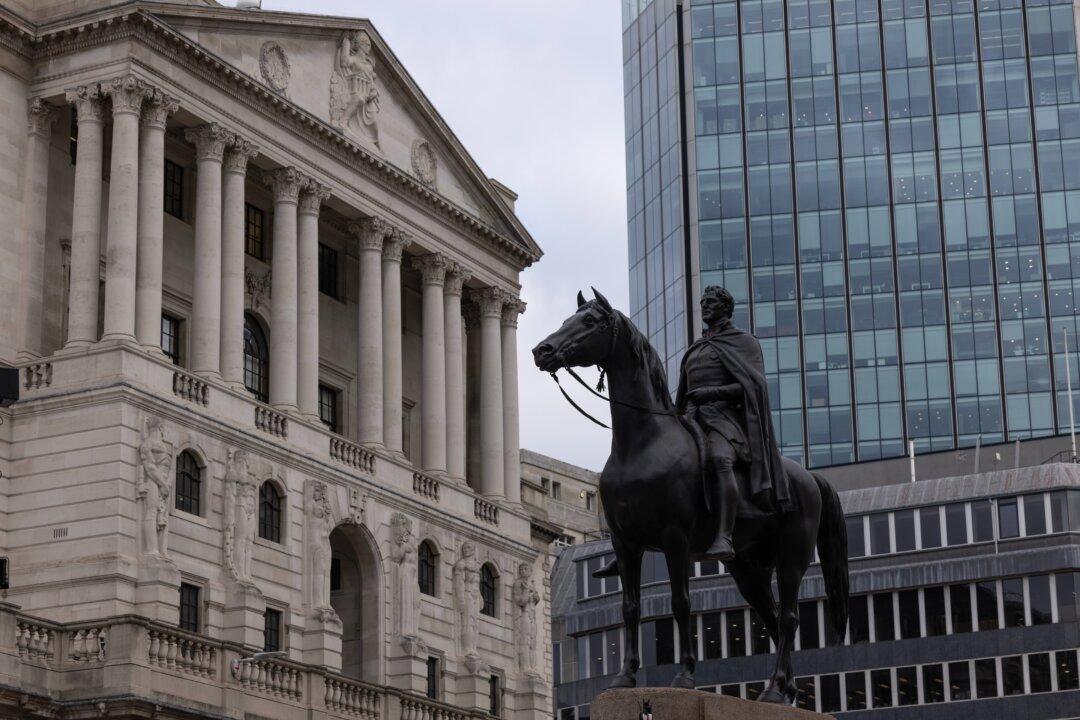The Bank of England (BoE) may not be selling bonds fast enough to get inflation under control, a former member of the bank’s Monetary Policy Committee (MPC) told members of Parliament on April 18.
There is a case for going “a bit faster” to help “reinforce the impact of interest rates on inflation and on the economy,” Andrew Sentance, senior advisor at Cambridge Econometrics and former MPC member, told MPs on the Treasury Committee. “But that doesn’t seem to feed into the strategy.”





